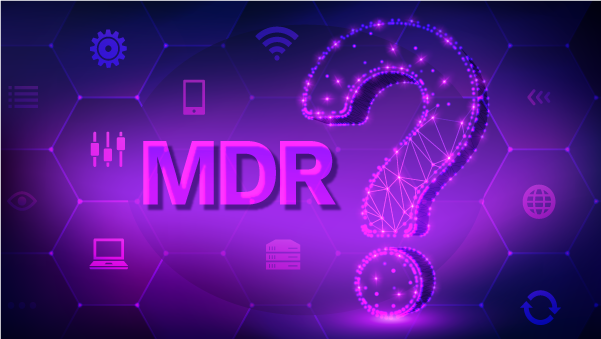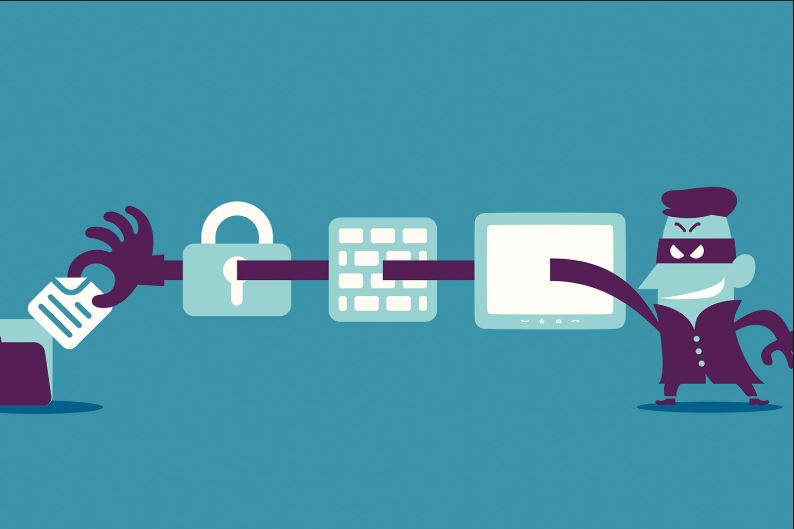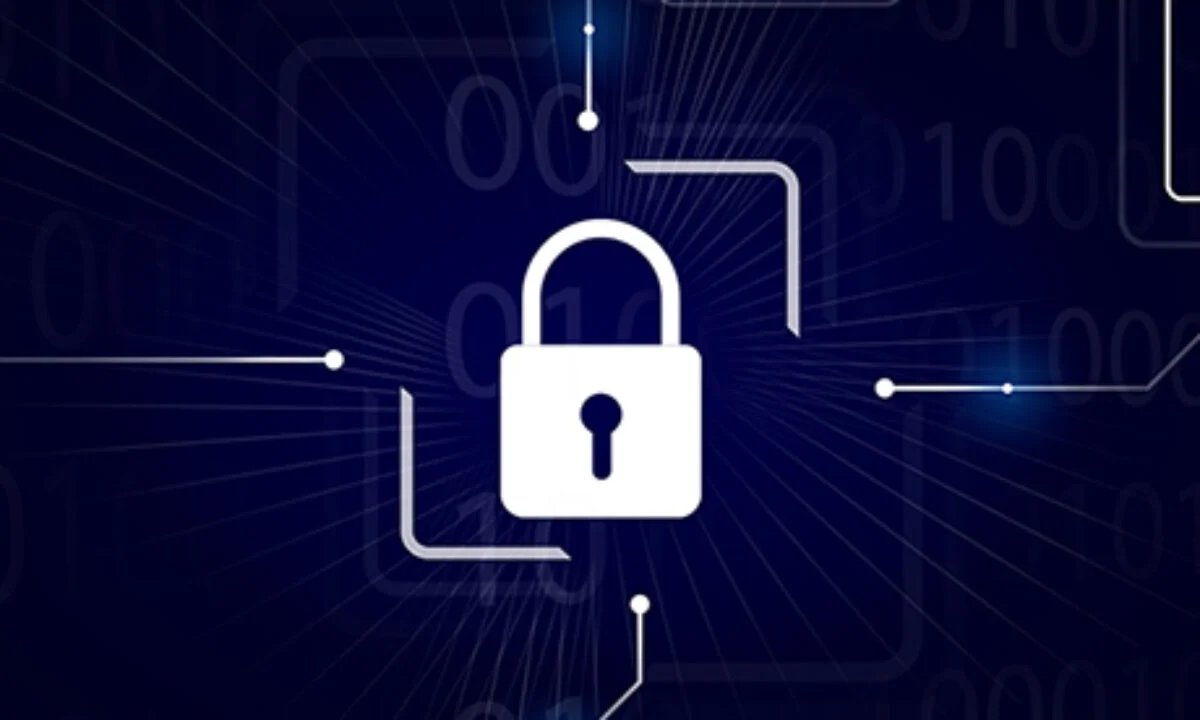Network Security
Updated on October 10, 2022, by Xcitium

What is Computer Network Security?
Network security refers to the set of measures taken to protect a network from various security threats. These set of measures usually involve several policies and practices which aim at preventing unauthorized access to the network. By doing so, they prevent any misuse of the network’s resources.

How Does IT Network Security Work?
Network security revolves around 2 processes: authentication and authorization. The first process, authentication, is similar to our access cards which ensure only those who have the right to enter a building enter it. In other words, authentication checks and verifies that it is indeed the user belonging to the network who is trying to access or enter it, thereby preventing unauthorized intrusions.
Next comes authorization. This process decides the level of access to be provided to the recently authenticated user. For example, the admin of the network needs access to the entire network, whereas those working within it probably need access to only certain areas within the network. Based on the network user’s role, the process of determining the level of access or permission level is known as authorization.
How Do I Benefit From Computer Network Security?
Enterprises cannot survive without network security. Because the dangers posed by hackers, disgruntled employees, untrained employees etc., are simply too many to be handled without proper defense. Network security is especially critical today because of the rapidly changing cybersecurity threat landscape. Therefore, let’s take a look at some of the benefits of having a network security tool.
- Protection Of Confidential Data: Network security is not just about regulating what enters or leaves a network, it’s also about protecting what’s present inside of it. That is the data it contains. Enterprises generally contain a lot of confidential data which when leaked can put their businesses at stake. Such data security breaches can be prevented through network security.
- Longevity Of Computers: By protecting your network against various security threats like malware, DDOS attacks, hacktivism etc., you are enhancing the longevity of your computers. Because the more secure your network, the better condition your computers would be in.
- Closed Environment Protected From The Internet: Network security offer a closed environment which is well-protected from the internet and the various external security threats. This is especially true in the case of private networks.
Top 5 Fundamentals Of Computer Network Security
- Patch Management: Irrespective of how strong your network security tools are, they would be of no use if you don’t have a proper patch management system in place to keep all of your network’s software up-to-date. Good patching is an inseparable part of network security.
- Strong and Complex Passwords: Ensure everything within the network – not just computers – is protected by strong and complex passwords and not by default and easily guessable ones. This simple step can go a long way toward securing your networks.
- Virtual Private Network (VPN): VPN stands for virtual private network. It allows mobile users of the network to access it safely and securely because data is particularly vulnerable when it is traveling over the internet. Therefore ensure VPN Access provision – with the strongest protocols – is implemented to improve your network security.
- User Access Privilege Monitoring: Next is to ensure user access privileges are monitored properly. Because, if this is not done, the exploitation of the user access privileges can lead to several dangerous insider threats which can cause irreparable losses.
- Inactive Account Management: Network infiltration via inactive accounts is not a new thing. In fact, it’s one of the most popular forms of hacks. Therefore ensure the various inactive accounts within the networks are managed or disposed of properly.
Types Of Network Security
There are different forms that IT network security can take. Some of them are:
- Access Control: Like mentioned before, this is the core to network security. Basically, this is the provision which keeps out potential hackers and blocks non-compliant devices or gives them limited access. This process is known as network access control (NAC).
- Antivirus and Antimalware Suites: There cannot be network security without security software. In other words, a crucial part of network security is the implementation of security software.
- Application Security: Another security provision that supplements good patching and is an essential part of network security. Because all applications contain security vulnerabilities and therefore they need this extra layer of protection.
- Email Security: Emails serve as gateways to enter any network. Just fit them with malware and they can end up infecting the whole network through a simple yet malicious attachment. Therefore email security tools too should form the part of your network security program.
- And More: There’s no definite list to what goes into network security and the types of elements that should form your network security program. Some of the other security tools include data loss prevention, behavior analytics, security information and event management (SIEM), mobile device management (MDM) etc., which help with network security.
5 Ways Endpoint Security And Network Security Should Work Together
Endpoint security is one major aspect of Computer network security. They are responsible for protecting various endpoints which connect to the network and also the network from the dangers these endpoints pose. Now the important thing is to ensure you select an endpoint security tool which integrates well with other tools you might be using for your network security.
To avoid your endpoint security tool from having a negative effect on your network security, ensure your endpoint security software offers the following:
- Threat Intelligence Sharing: All your network security tools gather useful threat intelligence. To put this gathered threat intelligence to effective use, your network security tools – including endpoint security – should be compatible enough with each other to share the gathered intelligence. Therefore, make this your first priority – selecting network security tools which are compatible with each other.
- Unknown Threat Prevention: Ensure your endpoint security tool combats the unknown threats. Unknown threats pose a huge problem to networks today. Therefore if your endpoint security tool is equipped enough to handle unknown threats, then the onus on your network would be greatly reduced.
- Automation Capability: Ensure all your network security tools – including endpoint security – contain automation capabilities. Because manually operating each of them would not only be an impossible task but one which can lead to a lot of risky errors which can cost you your business. Therefore go for automation when it comes to routine tasks and leave critical ones to manual analysis.
- Persistent Protection: Ensure the endpoint security you select offers equal protection to all endpoints. In other words, the same level of protection across endpoints, whether they are online or offline, on premise or off premise. This again is quite critical for your Computer network security.
- Provide Solid Visibility: An endpoint security tool which provides full visibility of all users, devices, and data across the entire network is needed. This sort of visibility is quite useful to understand the context of the attack easily, and the more you understand the attack, the better and quicker you’ll be able to solve it.












